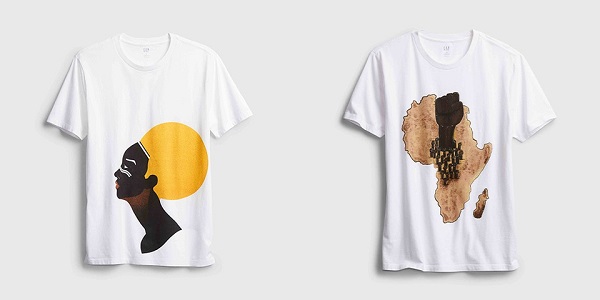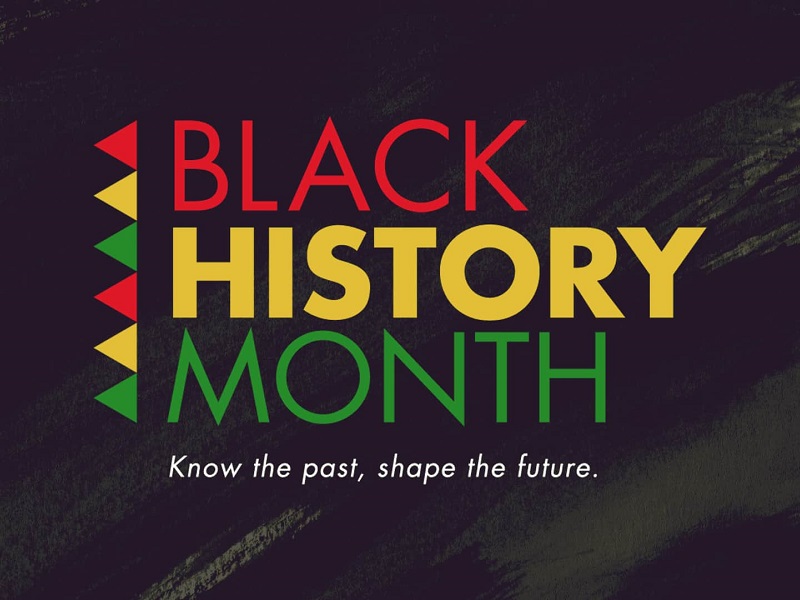As October heralds the start of Black History Month in the UK, we have decided to take a look at how brands are celebrating the Black British community in what has been a historic and troubling year. 2020 has been a pivotal year for the Black community; after protests took place around the world, the public and brands are looking with open eyes at the systemic issue of racial inequality.
What is it?
Black History Month UK is an annual event that celebrates the contribution made by the generations of those of African and Caribbean descent living in the UK, who have helped shape Britain's national and cultural life. Here are some initiatives and commitments brands are making:
- ITV: ‘It’s All About’
Black culture is brought brightly into focus on ITV as viewers will see brand new on-air trails along with channel idents marking and celebrating Black History Month.
This campaign highlights the role of black culture, literature, food, the arts, and people coming together in creating British society as we know it today.
- Gap: ‘Black History Month Collection’
In support of Black History Month, Gap has teamed up with four up-and-coming Black artists to release a new collection of T-shirts. This creative collaboration features artists from all around the globe (UK, France, and the US), and; each design will represent what Black History means to them from their life experiences.
Gap is also donating £10,000 to the CNBA Foundation, a charity that provides opportunities and mentoring in media and arts to people in Black, Asian, and minority ethnic communities.
Also, customers who shop in-store will be able to support The Reach Out Project through till point donations – this project helps combat the lack of social, cultural, and enriching opportunities afforded to young people living in inner-city London.
GAP collaborative collection
Royal Mail has revealed four special-edition black post boxes around the UK to mark the beginning of Black History Month 2020. Each post box features a significant figure in the British black community and has a social media link to inform the public about the success of black Britons.
This high street chain has also announced its next steps in its diversity agenda – they want to create a better place to work for Black, ethnic minority, and all colleagues.
Royal Mail's one of four post boxes
In early October John Lewis Partnership have revealed they will be launching a Black partner advisory group to review the inclusivity of fashion amid Black History Month.
“Over the coming months, we’ll work with Partners from all under-represented groups as we create a new Diversity and Inclusion strategy and set associated targets, to deliver on our commitment to build a truly inclusive business for our Partners, customers, suppliers and the wider community.” John Lewis Partners.
Nike has released its Black History Month 2020 collection online; they have taken some of their shoes and adapted the design. The shoe collection is representing African roots and textiles along with featuring the “BHM” logo on each pair.
Together with the collection, Nike has announced they will help “kids reach their greatest potential by creating an equal playing field through community investment.” For Black History Month, Nike has recognised that “20 US-based non-profits that offer play and sports programs, and support education and career development, with a total of $500,000 in grants.”

Nike official collection for Black History Month:
Media focus on Black History Month
Patrick Vernon and Dr. Angelina Osborn; are the founders of the 100 Great Black Britons campaign, which is a celebration of the lives, stories, and remarkable achievements of key Black British individuals over history.
The campaign has been running for over 16 years: and in 2019, a new campaign was launched to celebrate Black British History and those that have contributed to shaping Great Britain - it was such a success and, they actually had to invite a panel of specialists to do the final shortlist. The pair have published a book on 100 Great Black Britons who have had an impact on society. They want to send a copy of this book with a poster; to all secondary schools in the UK.
A GoFundMe appeal has been organised to raise funding, as there are a lot of schools on their list. We are thrilled to support such an amazing initiative.
HistoryExtra has released an article about black people living in 16th-century England – despite this article published in 2012: it has been brought back to life because of Black History Month 2020.
Throughout the article, Onyeka questioned, why do we continue to airbrush black Africans out of Tudor England when in fact they were part of that society. In Tudor towns and cities, black Africans had inspired the phrases "to manie" and "great numbers" in two letters signed by; Elizabeth I in July 1596.
Connected with the royal court
During 16th-century England, Africans were not only living in Tudor parishes but touched shoulders with the most powerful: in the Tudor court. One-woman, Catalina de Cardones, for example, arrived in the Country with her employer Catherine of Aragon, later Henry VIII's wife and queen.
Elizabeth I had at least one African in her entourage too. The queen had ordered the clothes-maker to make several pieces of clothing for “a Blackamoore boy” who is mentioned: in a warrant dated 14 April 1575.
Inaccurate representation
In several reflections of what it was like back in 16th-century England: Africans are not only absent from English society; but almost entirely missing from the whole era in depictions on television, in film, and even in books.
The little light that has shown on history in the 16th-century will have an impact on the way we educate children in schools and also influences decisions on how we develop public policies on a range of important political matters. Black History Month will remain extremely relevant and is worth keeping and fighting.
A one to remember
Black History Month 2020 has been one to remember - the month has provided us with an opportunity to recognise, reflect and share on the outstanding contributions Black people are making to the social, political, and cultural development of the UK.


